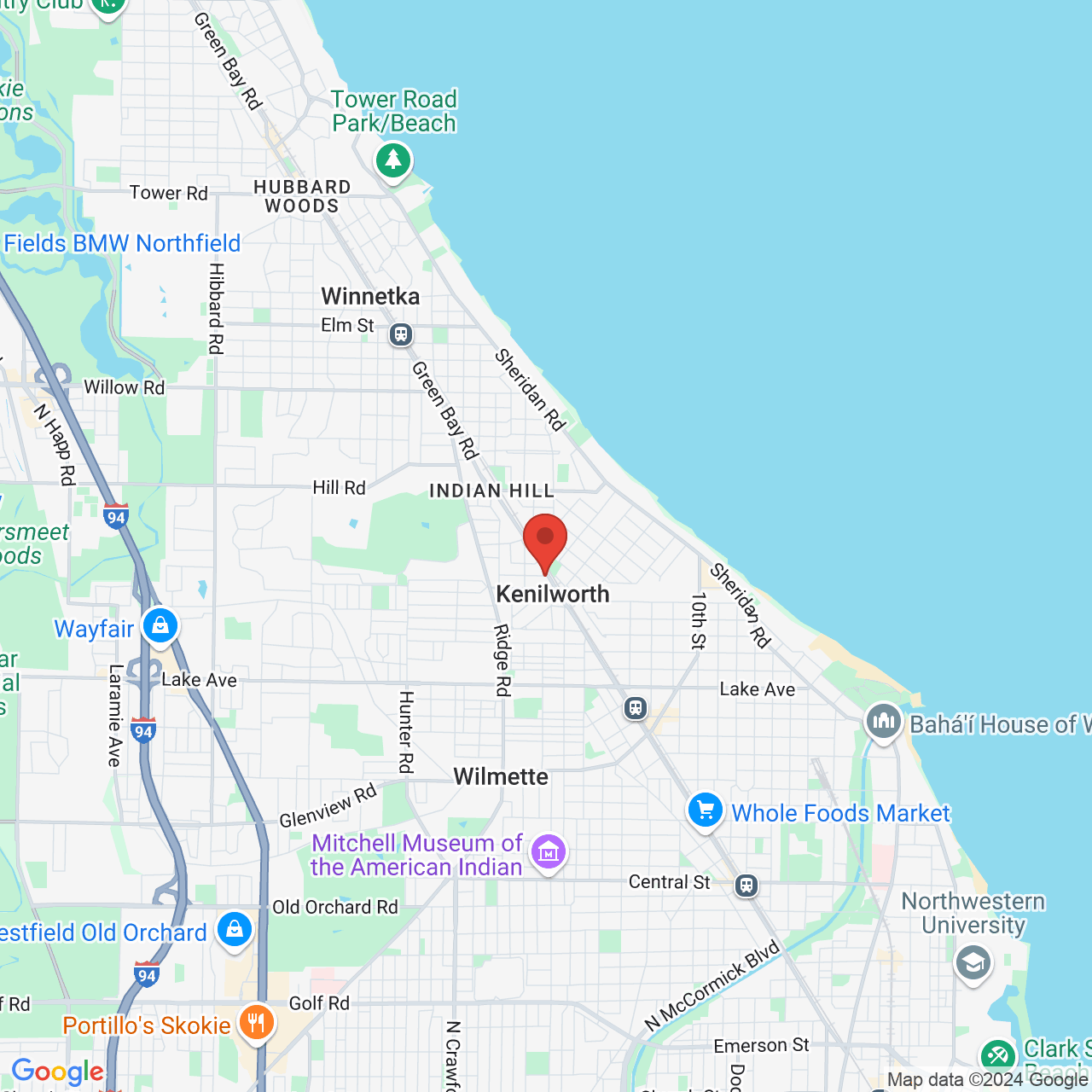
TMJ Treatment

What Is a TMJ Disorder?
Temporomandibular joints, or TMJs, are ball-and-socket joints that help your jaw open and close.
Your TMJs can become strained through trauma, clenching and grinding your teeth, and other stressors. When the jaw muscles and ligaments become swollen around the TMJs and the cushioning inside the TMJs wears down, pain and temporomandibular disorders can develop.
Symptoms of a Temporomandibular Disorder
A TMD can cause symptoms that extend past the jaw joint. If you have any of the following symptoms, they may be relieved through TMJ treatment.
- Headaches or migraines
- Eye pain
- Ear pain or tinnitus
- Jaw pain
- Neck and shoulder pain
- Toothaches or tooth damage
- Clicking noises when opening and closing the mouth
- Trouble opening the mouth wide
- Difficulty chewing food
- Swelling on one side of the face
Ready to Find Relief? Request a Consultation
If you are experiencing TMJ disorder symptoms, Dr. Carpenter can work with you to diagnose your exact cause and provide treatment.
Dr. Carpenter strives to both relieve discomfort and provide preventative dental care techniques for his TMJ patients to help them sustain strong and healthy teeth for a lifetime. Addressing jaw pain can help you tackle your symptoms head-on before they cause more costly and extensive dental damage.
Call to request a temporomandibular joint consultation at our Kenilworth, IL, office:
(847) 251-5004

"Dr. Carpenter is the best!" 5-Star Reviews From Kenilworth, IL, Patients
Staff is amazing. Everyone is friendly. Dr. Carpenter is the best!
View On GoogleThe best place for your teeth on the North Shore!!
View On GoogleWhat Causes a TMD?
Injuries
Injuries to the joint, jaw, or head and neck muscles can lead to disorders of the temporomandibular joint.
Arthritis
Arthritis in the joint can also cause pain, as can irregular movement of the disk that cushions the ball and socket of the joint.
Bruxism
TMJ disorder patients who grind or clench their teeth at night put pressure on the TMJs and surrounding muscles, which may cause or exacerbate the condition.
Misaligned Bite
Patients who have not received restorative work for damaged teeth can suffer from a misaligned bite that leads to TMD.
Our Featured Treatment
A Non-Invasive Solution

Other Treatment Options
Minor Orthodontics
For patients with TMD caused by a misaligned bite, our dentist offers the Inman Aligner™ appliance. This minor orthodontics treatment is removable, discreet, affordable, and works in a short time frame.
Adjusting Tooth Shape
Crooked, jagged, or damaged teeth can affect your bite and flare up a TMD. The dentist may recommend adjusting your teeth with dental bonding. Dental bonding can help adjust the size of your teeth to fix any cracks or dental trauma affecting your teeth' alignment.
Placing a Restoration
If missing teeth are causing your TMD to flare up, the dentist can place a traditional or implant-supported crown, bridge, or denture to fill in the gaps in your smile and align your bite. Dr. Carpenter has completed 500 hours of implant education to ensure his TMJ patients receive the best care possible.
Process of Temporomandibular Joint Treatment
Researchers have estimated that over 10 million Americans have a TMD.
"Always a pleasant experience." More 5-Star Reviews From Kenilworth, IL, Patients
10+ years and counting, won’t drive anywhere else. Always a pleasant experience.
View On GoogleBest dentist ever!!! Would come here any day for checkups and wash
View On Google








